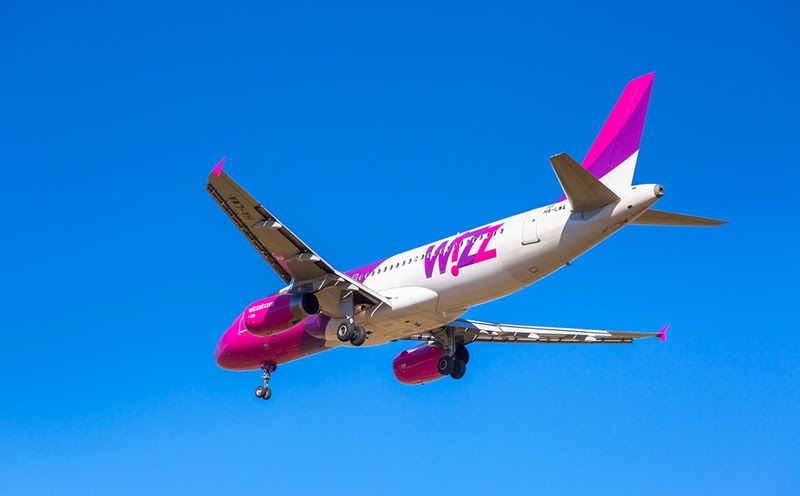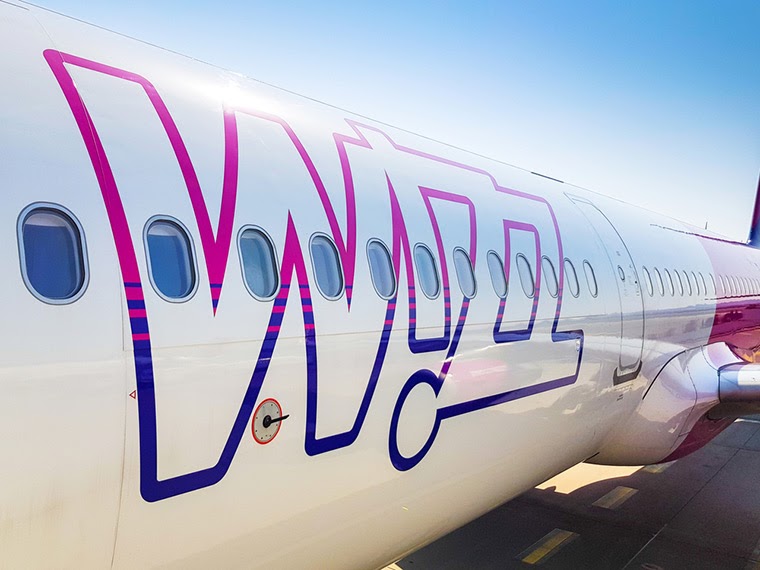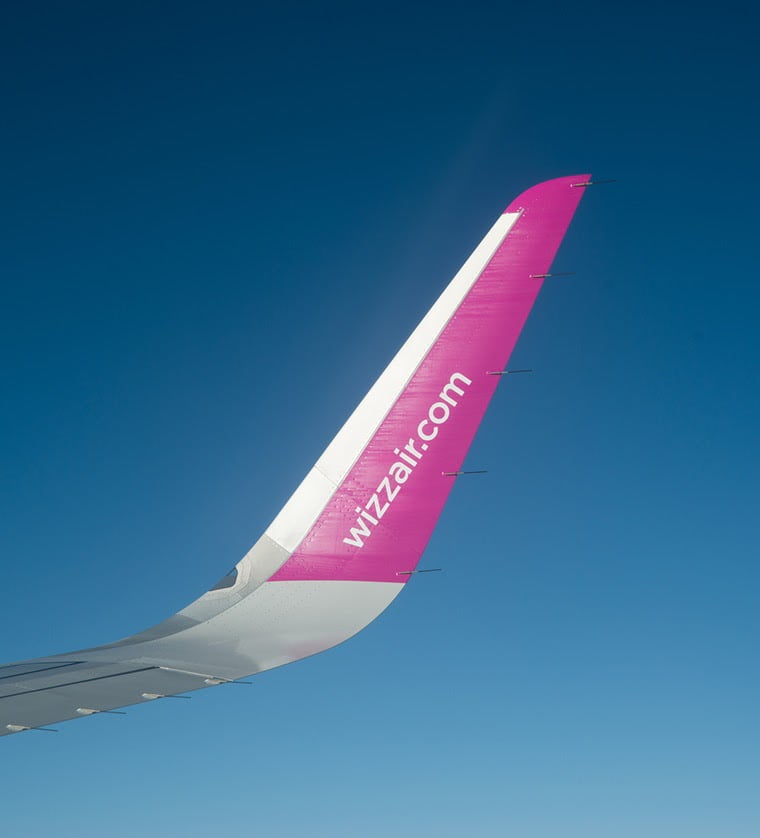The Hungarian low-cost airline offers flights to and from destinations in Eastern Europe. It also briefly entered the domestic air travel market. Here's the full story of Wizz Air in Norway.
Air travel plays a crucial role in Norway due to the country's challenging geography, with its long coastline, fjords, and mountainous terrain.

Domestic flights are essential for connecting distant regions, particularly in areas where road and rail travel can be time-consuming or impractical. This makes air travel vital for both everyday commuting and ensuring access to services.
For international travel, flying is equally important for Norwegian businesses and leisure travellers. With Norway's economy deeply integrated into global markets, efficient air links to major cities across Europe and beyond are necessary for business operations.
Additionally, Norwegians are known for their love of travel, making international flights a key component of their lifestyle. As a result, air travel in Norway supports a wide range of activities, from facilitating domestic mobility to enabling global business connections and tourism.
Over the years, many airlines have served Norway with international flights, including Wizz Air. Very few airlines succeed when they try to launch domestic flights. Wizz Air tried and failed. Here's what you need to know about the airline in Norway.
Introducing Wizz Air
Founded in 2003, Wizz Air is headquartered in Hungary but serves more than 44 countries in Europe, North Africa and the Middle East.

In 2019, the airline transported almost 40 million passengers. Its largest bases were Budapest and the UK’s Luton airport. They are known as an ‘ultra low cost' carrier. Base fares are low but there are many optional extras.
Wizz air is well-known for its strong opposition to employee involvement in trade unions. This has caused controversy in Norway. More on this later.
Wizz Air's International Flights in Norway
The distinctive purple and white aircraft are no strangers to Norwegian airports. For the last several years, Wizz Air has operated budget flights from Norwegian airports to various destinations in Eastern Europe.
Many of these flights operate just once or twice a week, but they provide a valuable service to connect Poland and the Baltic states with regional airports in Norway.
This is important for tourism, but it's even more relevant for temporary workers. Many people from Poland and the Baltic nations work in Norway under the terms of the EEA agreement.
Wizz Air’s Domestic Flight Experiment
At a time that saw SAS, Norwegian and Widerøe forced to operate a vastly reduced air service in Norway, Wizz Air decided to launch their own domestic routes in Norway.
The Hungarian low-cost carrier launched quickly in 2020 but their debut in Norway was marred by controversy.

In early October, the airline announced its intention to start three domestic routes to/from Oslo Airport in Norway: Bergen, Trondheim and, Tromsø.
Before those flights even took off, the airline announced an expansion including airports at Ålesund, Bodø, Haugesund and Stavanger. Then just weeks later, they announced yet more flights, this time serving the far north of Norway: Alta, Evenes (Harstad/Narvik), and Kirkenes.
Wizz Air's Controversies in Norway
Wizz Air didn’t endear themselves to Norway by initially issuing a map with all the cities they fly to marked in the wrong place. But it was their approach to labour laws that rattled people's cages the most.
“We are an airline without unions,” was the simple statement of CEO József Váradi. Yet Norway is a heavily unionised country and strong labour laws are considered an integral part of the society.
Several leading figures in politics and business have called for a boycott of Wizz Air due to its stance on trade unions. Even Norway’s prime minister has said she would not fly with them.
“I will not fly with a company that refuses workers the right to organize,” said Erna Solberg said in the Norwegian parliament.

Solberg made it clear that Wizz Air cannot stop its employees from joining trade unions, according to Norwegian law. But the Hungarian company made it clear that they will not enter into collective agreements with trade unions over salaries and working conditions.
“If the unions try to catch us and to kill us, we simply close the base and move on,” said Váradi in June 2020, several months prior to the Norwegian launch.
The End of Domestic Flights
Following intense media speculation, the airline announced its decision to pull out of the domestic market in June 2021, less than one year after commencing operations. The airline blamed “financial and commercial assessments.”
A spokesperson said that “all other airlines” received financial assistance during the pandemic. “Therefore, Wizz Air has decided to move capacity to markets where conditions are not distorted by protectionist stakeholders and where travellers can experience real competition and low ticket prices,” they added.
Yngve Carlsen, leader of the Norwegian Pilots’ Association, told Dagens Næringsliv that he believed Wizz Air's business case in Norway was based on the assumption of Norwegian not succeeding.
Flyr Also Failed
Something else which would have crowded competition is the launch of startup airline Flyr.
Announced prior to Wizz Air's withdrawal from the domestic air travel market, Flyr launched with a similar business model, albeit one with a stated commitment to respect Norwegian labour laws. As it turned out, Flyr also failed after a short amount of time.


